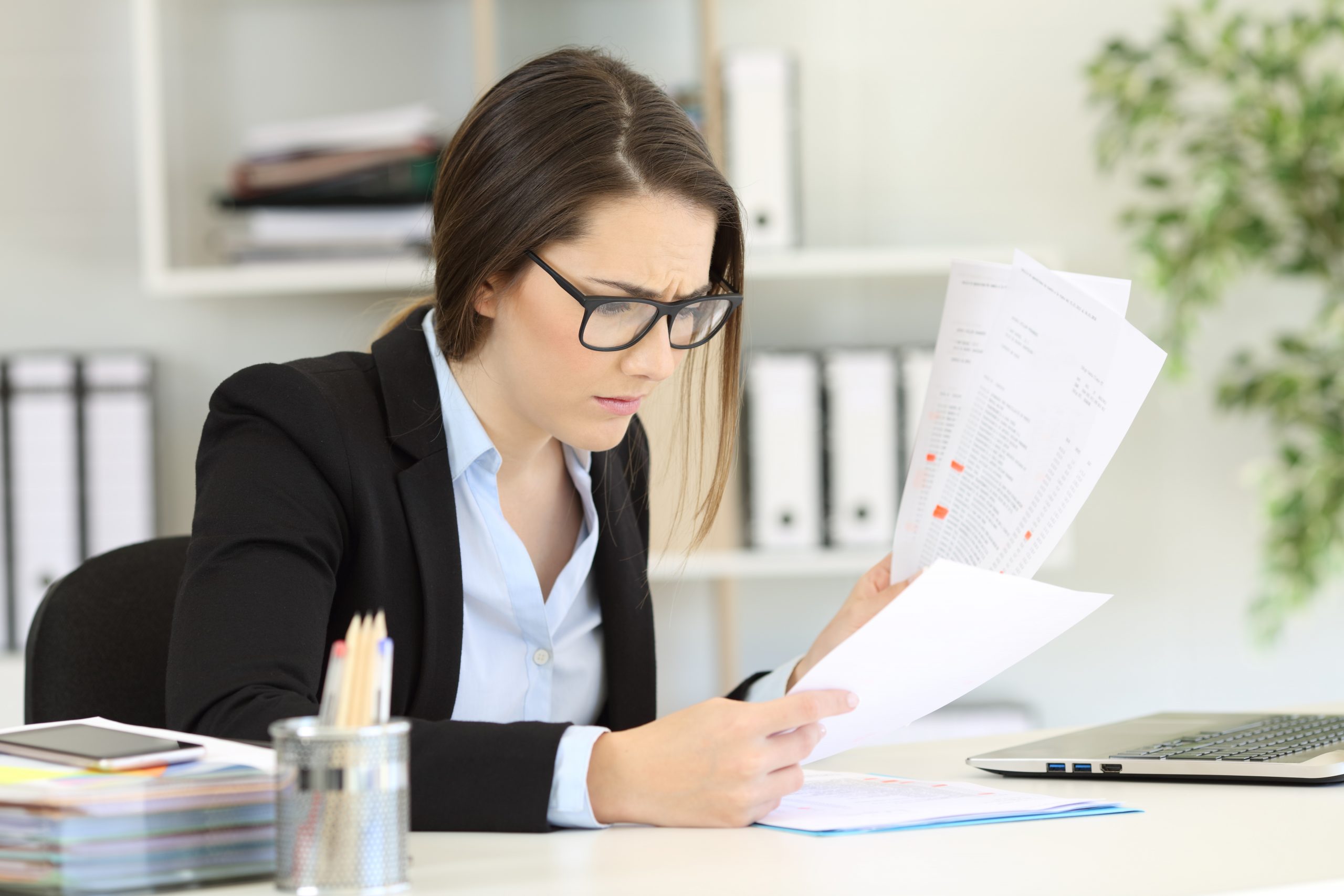One of the most common questions we are asked by our clients is what VAT scheme should we be on (or which is most tax efficient). Of course, that depends on individual circumstances, but here’s a rough guide to the schemes available.
Accrual VAT
This is the common-or-garden VAT scheme. VAT is accounted for as due on the date of invoice for sales and purchases and is paid to HMRC, usually regardless of whether you’ve been paid for the sale or you’ve paid for the purchase.
We could write an essay on what the correct tax point date is for the supply of goods and services, but as a starter for ten, it’ll be the “invoice date” or the “tax point date” on a document. If there is a bad debt scenario, there are forms of bad debt relief available from HMRC – give us a call if you’d like to talk this over.
Cash Accounting Scheme
This works a lot like the accrual scheme, except the point where VAT is due from you or to you is the date the invoice was paid. This may sound like a nifty way of balancing your cash flow but the chances are your business is based on accrual accounting principles for corporation tax and calculation of reserves for dividends and whatnot, so worth thinking through.
Annual Accounting Scheme
There’s only one VAT return a year, with payments made to HMRC monthly or quarterly calculated with reference to the previous year or some other HMRC approved method with a balancing payment or refund with the annual return.

Flat Rate Scheme
Instead of working out the difference between the VAT you’ve charged and the VAT you’ve been charged (except for capital purchases over £2k where the VAT is repayable back to you), the Flat Rate Scheme merely gives you a different percentage to pay HMRC the VAT compared to the 20% you’ve put on the invoices. For example, you’ll always charge 20% for the relevant goods or services, but, depending on a number of factors, may only remit to HMRC 17.5%, meaning you’ve retained 2.5%. This is not meant to be a tax break, it’s a simplification of the scheme and has recently been squeezed by Government policy. Some commercial accounting software packages will tell you when you submit the return whether you’re better off or not; if you aren’t using one that does, it’s a relatively simple calculation we can perform with you.


